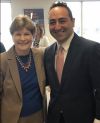A Reality Show Star, A Cosmetic Surgeon, and A Happy Home: Jennifer & Bill Aydın
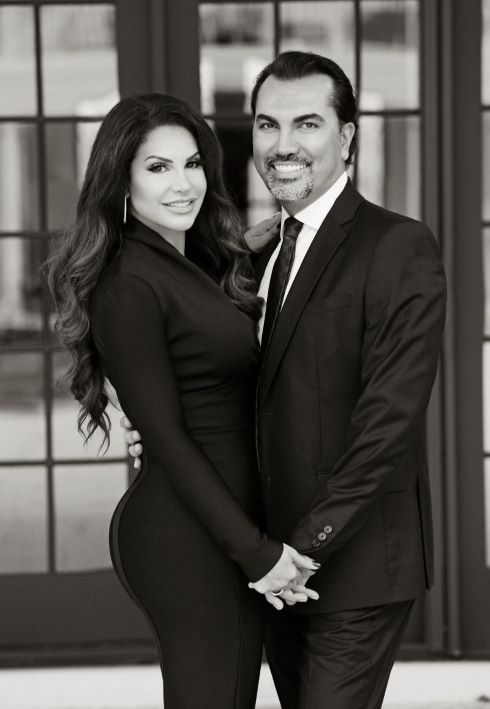 By Cemil Ozyurt - When the reality show Real Housewives of New Jersey started on Bravo TV on May 12th, 2009, Jennifer Aydın, a housewife then living in River Edge, New Jersey, was one of the devoted followers of the show. She sent an e-mail to the production company a couple of times to be on the show. The production team reviewed her application. They visited her house but found it too small for the show. But Jennifer didn’t give up. She had a new house, with 9 bedrooms and 16 bathrooms, built on a vacant land in Paramus, one of the neighborhoods near River Edge. The house she had built also had basketball court in the basement, a pool and a huge yard around it. When the production team saw this new house, they changed their mind and invited Jennifer to The Real Housewives of New Jersey show. Jennifer started being on the show in 2017, during its 9th season. Jennifer has been watched closely for four seasons on the The Real Housewives of New Jersey TV Show, which has been broadcasted on Bravo TV for 12 seasons and viewed by an audience of 1,1 million. She is a savvy, witty, and sincere person who thinks and responds quickly, reflecting on her real thoughts and, at times, appearing somewhat arrogant. She gives much effort to make her family and everybody else around her happy. She is sometimes a bridge between her mother and father when they’re in conflict; an angel watching after her siblings; and mother who has taken over the role of discipling her children. By February of 2023, with the start of the new episode on Bravo TV, Jennifer will begin her fifth episode on the show. Every single detail about her life is reflected on tv screen.
By Cemil Ozyurt - When the reality show Real Housewives of New Jersey started on Bravo TV on May 12th, 2009, Jennifer Aydın, a housewife then living in River Edge, New Jersey, was one of the devoted followers of the show. She sent an e-mail to the production company a couple of times to be on the show. The production team reviewed her application. They visited her house but found it too small for the show. But Jennifer didn’t give up. She had a new house, with 9 bedrooms and 16 bathrooms, built on a vacant land in Paramus, one of the neighborhoods near River Edge. The house she had built also had basketball court in the basement, a pool and a huge yard around it. When the production team saw this new house, they changed their mind and invited Jennifer to The Real Housewives of New Jersey show. Jennifer started being on the show in 2017, during its 9th season. Jennifer has been watched closely for four seasons on the The Real Housewives of New Jersey TV Show, which has been broadcasted on Bravo TV for 12 seasons and viewed by an audience of 1,1 million. She is a savvy, witty, and sincere person who thinks and responds quickly, reflecting on her real thoughts and, at times, appearing somewhat arrogant. She gives much effort to make her family and everybody else around her happy. She is sometimes a bridge between her mother and father when they’re in conflict; an angel watching after her siblings; and mother who has taken over the role of discipling her children. By February of 2023, with the start of the new episode on Bravo TV, Jennifer will begin her fifth episode on the show. Every single detail about her life is reflected on tv screen.
- Published in Life & Style
- Written by Admin TOA


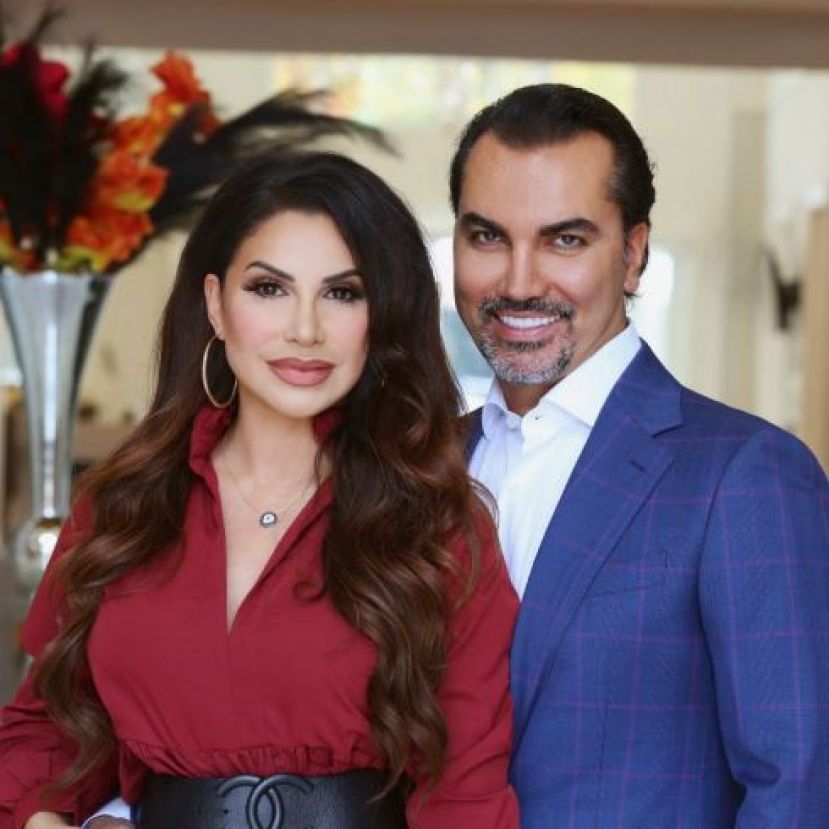

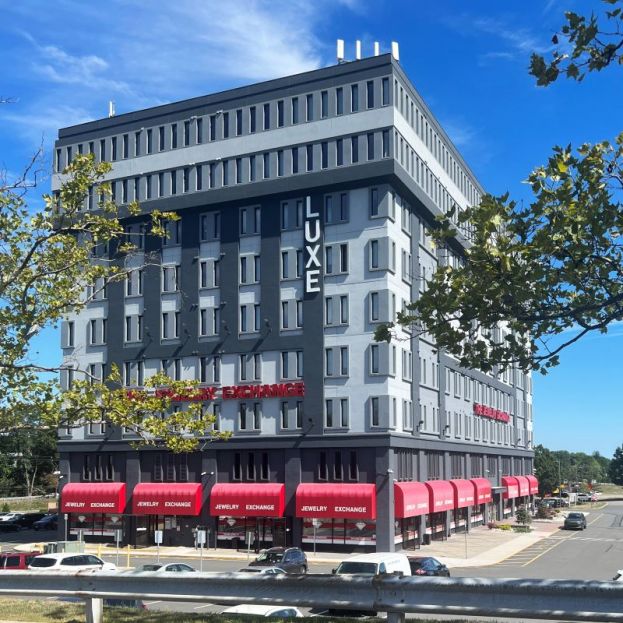
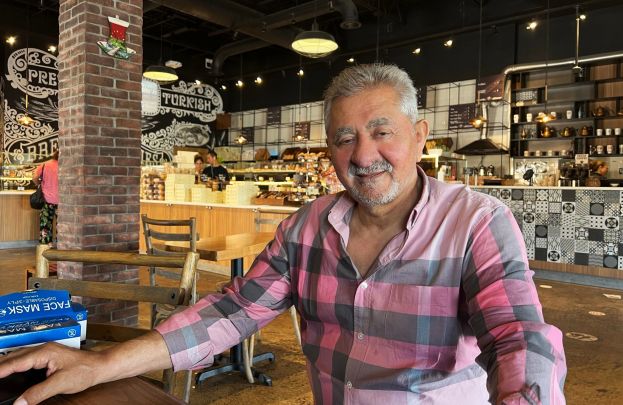

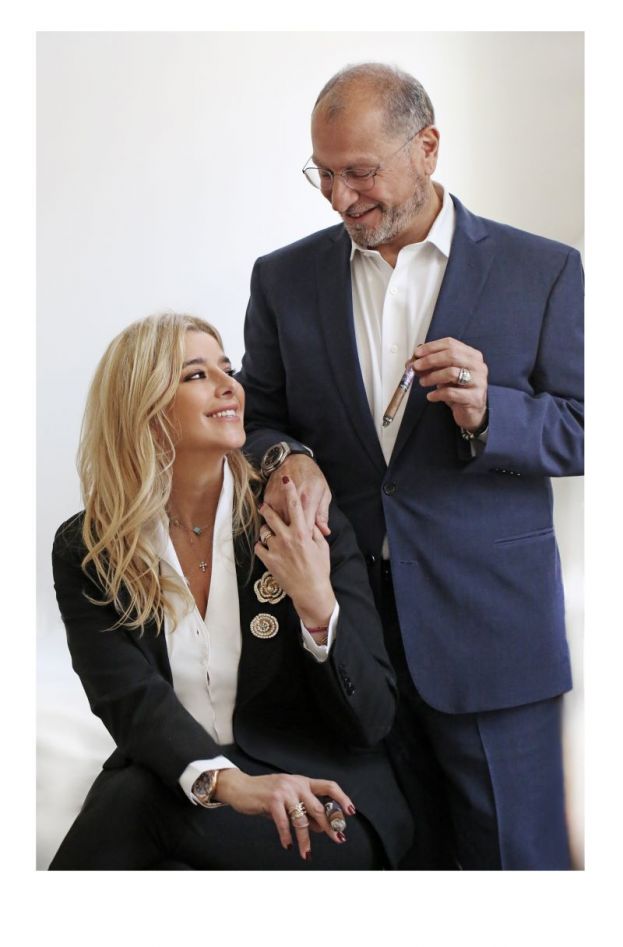
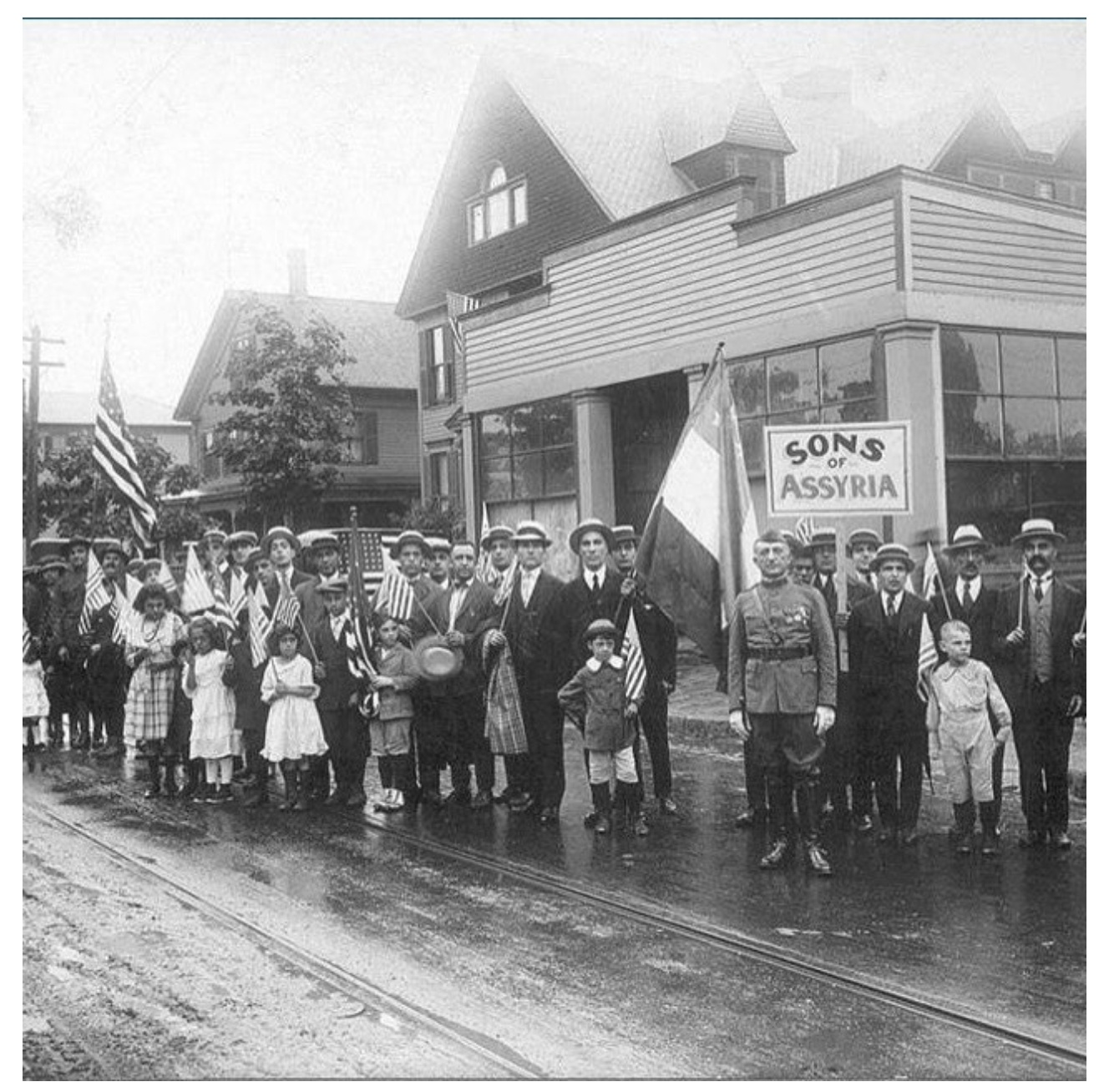 (Dr Abraham K. Yoosuf, and other Syriacs from Mardin, Kharput and Diyarbakır in Worcester, Massachusetts. 1922, July 4. American Independence Day.)
(Dr Abraham K. Yoosuf, and other Syriacs from Mardin, Kharput and Diyarbakır in Worcester, Massachusetts. 1922, July 4. American Independence Day.)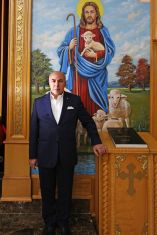
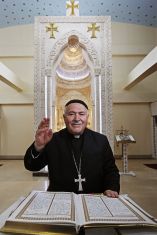
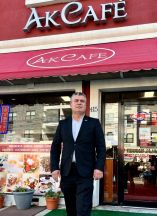

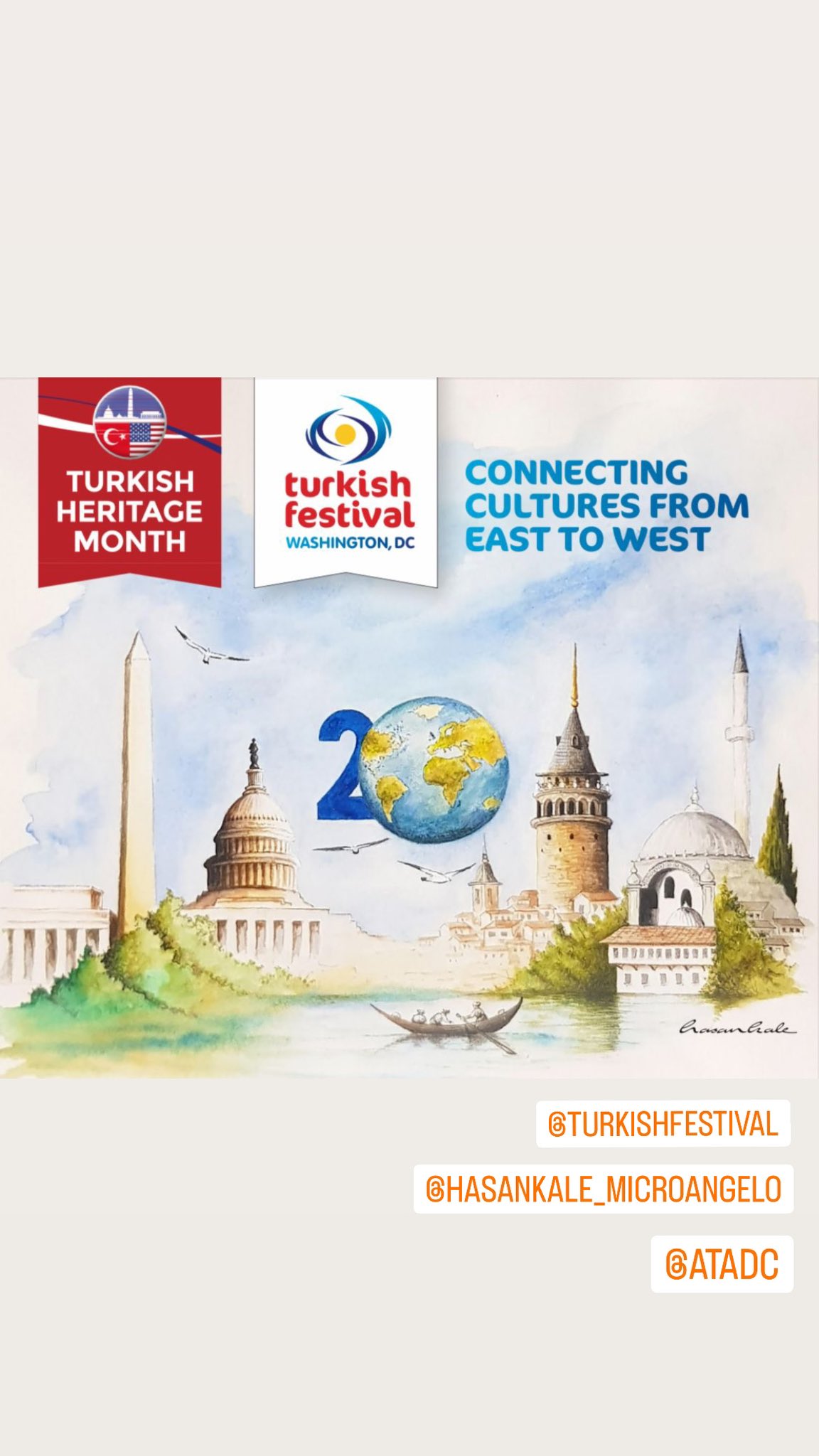 Washington D.C. (October 5, 2022) - Renowned for building bridges between Turkish and American people for 57 years, The American-Turkish Association of Washington DC (ATA-DC) is pleased to celebrate the 11th Turkish Cultural Heritage Month and mark the 20 th anniversary of the award-winning Annual DC Turkish Festival. Receiving an official proclamation from the Washington D.C. Mayor Muriel Bowser, the month-long festivities will include a series of cross-cultural events and fun workshops throughout October.
Washington D.C. (October 5, 2022) - Renowned for building bridges between Turkish and American people for 57 years, The American-Turkish Association of Washington DC (ATA-DC) is pleased to celebrate the 11th Turkish Cultural Heritage Month and mark the 20 th anniversary of the award-winning Annual DC Turkish Festival. Receiving an official proclamation from the Washington D.C. Mayor Muriel Bowser, the month-long festivities will include a series of cross-cultural events and fun workshops throughout October.

